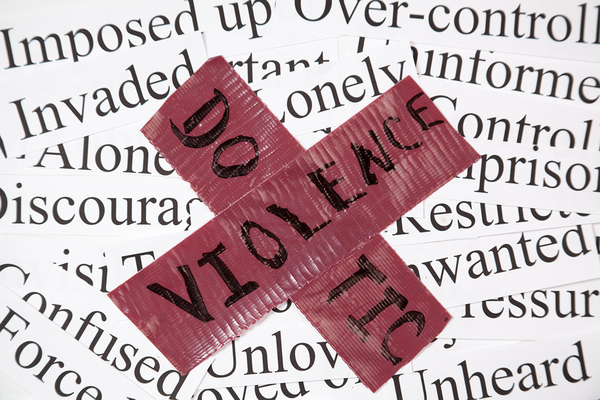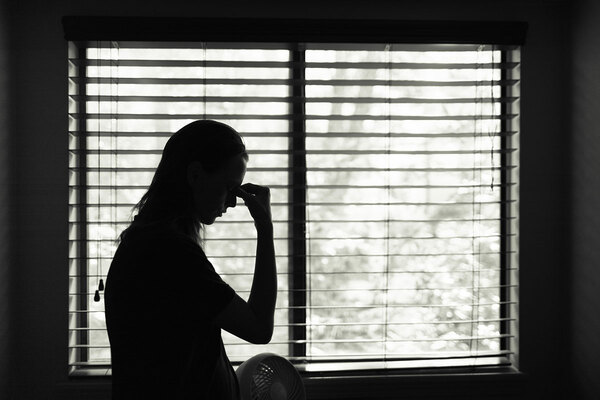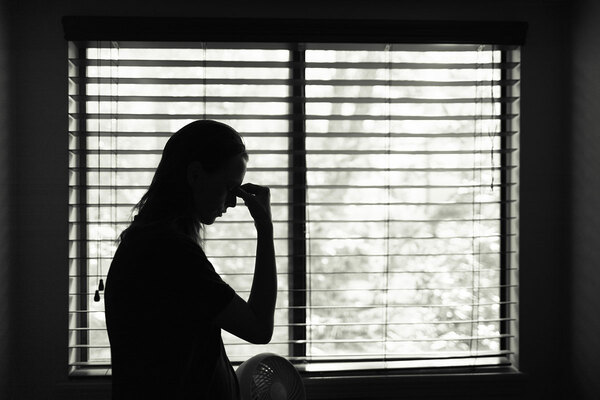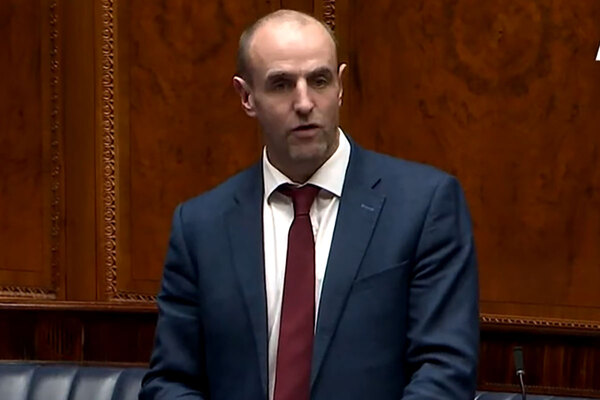You are viewing 1 of your 1 free articles
Fears over housing prevent domestic abuse survivors from leaving perpetrators, survey reveals
More than two-thirds of domestic abuse survivors who stay with their perpetrators say concerns around future housing are a barrier to leaving, a new survey by Women’s Aid has revealed.
Of the 136 women who responded to the survey, 38 were still in a relationship with their abusive partners. Of these 38 women, 68% said housing was a factor in their decision to stay.
Housing issues that have prevented women from leaving their partners include a lack of access to money to pay rent and deposits, fear of homelessness, and the lack of help from local authority housing teams.
A total of 25 of the survey’s respondents had applied to their local housing team for emergency accommodation due to domestic abuse. Of those, less than half (11) were treated as being in priority need.
Almost half (12) of these 25 women said their experience with a council housing team was either bad or terrible.
Examples of negative experiences include one woman being told she would make herself intentionally homeless if she left her perpetrator, meaning the local authority would have no duty to help her.
Women’s Aid also knows of several incidences where a housing officer has said they will contact the perpetrator to ask him for evidence of the abuse.
Earlier this year, Inside Housing revealed that over 500 domestic abuse survivors were found by councils not to be in priority need in the year up to June 2019, meaning councils had no legal duty to find them temporary accommodation.
In May, the government announced that the Domestic Abuse Bill, which is currently going through parliament, will be amended so that domestic abuse survivors are automatically given priority need for housing.
A second report published today by Women’s Aid looked at the experience of 243 women who accessed the government-funded ‘No Woman Turned Away’ project, which provides support to women who face barriers in accessing refuge spaces.
Of the 243 women, 93 (38%) spent time sofa-surfing while waiting for a refuge space, while 17 (7%) spent time sleeping rough.
Nicki Norman, acting chief executive of Women’s Aid, said: “Often we are asked why survivors don’t just leave abusive relationships.
“The two reports we are publishing today both show clearly that fear of homelessness is a key barrier.
“While some women are forced to sleep rough, more become the ‘hidden homeless’ – sleeping on the sofas of their friends and families or in other insecure forms of accommodation.
“It is completely unacceptable that women feel they have to choose between staying with an abuser or be faced with homelessness or unsafe and unsuitable housing.”
Polly Neate, chief executive of Shelter, said: “A survivor who has fled their abuser should not be punished further by finding themselves homeless or becoming trapped in grossly unsuitable temporary accommodation.
“There must always be somewhere safe for survivors to go – be that a specialist refuge or a secure social home.
“But social housing and specialist domestic abuse services are both chronically lacking in proper long-term investment. This is putting lives at risk.
“Urgent and sustained government funding is needed not only to save lives but to help rebuild them, by giving survivors a safe, secure and genuinely affordable place to call home.”
Hannah Gousy, head of policy and campaigns at Crisis, said: “At Crisis we constantly hear about the heartbreaking situations people face when they flee their abuser with nowhere to go, often having to face a life on the streets or drifting from sofa to sofa.
“That’s why we’ve been campaigning to ensure that, through the Domestic Abuse Bill, survivors are guaranteed a safe and stable home where they can rebuild their lives away from abuse.”
A government spokesperson said: “We are protecting refuge services so survivors of domestic abuse can get the support they need – backed by £10m in funding so that more victims at risk of, or experiencing, domestic abuse can leave their home and find refuge.
“The government has also announced it is will change the law so that domestic abuse victims will be able to automatically qualify for priority housing need from councils.
“We continue to be in daily contact with charities, councils and other organisations providing these vital services to understand the additional challenges they are facing so those fleeing abuse can stay safe during these unprecedented times.”












